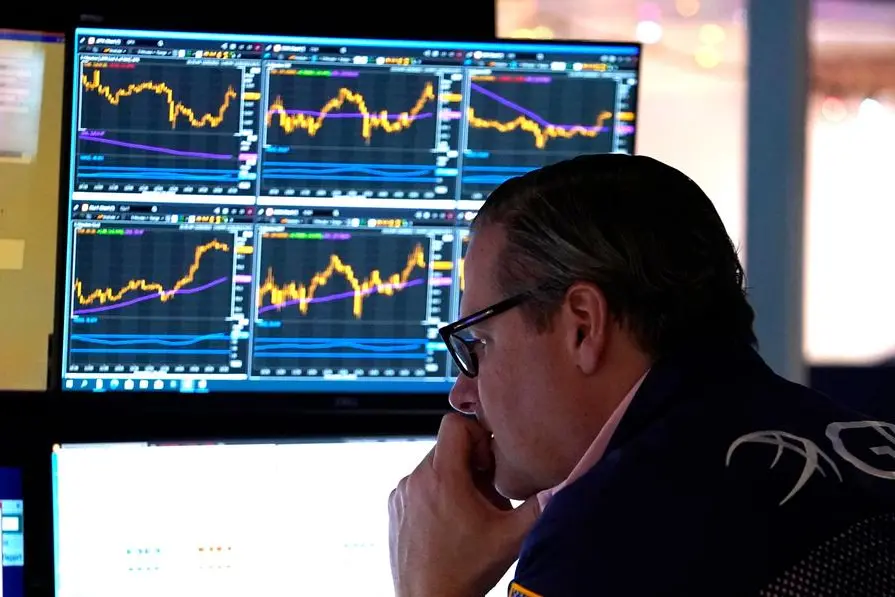PHOTO
Wall Street stocks saw their worst year since 2008 on Friday, after a "terrible" period shaken by inflation and aggressive moves to rein in costs.
The market sag comes amid slowing global growth, slammed by monetary policy tightening, protracted Covid-19 restrictions in China and an energy supply shock after Russia's invasion of Ukraine.
In the United States, the key S&P 500 index was down around 20 percent over the past year.
This is its fourth-worst performance since World War II, said Sam Stovall, chief investment strategist at CFRA Research.
The fall ranks behind the financial crisis of 2008, stock market crash of 1974 and dot-com bubble implosion of 2002.
It has been "a terrible year," Stovall said.
The year has been marked by persistent consumer inflation in the US, which hit a 40-year high in June.
To cool the economy, the Federal Reserve embarked on an aggressive campaign to raise interest rates and lower demand.
It swiftly brought the benchmark lending rate from zero to a range of 4.25-4.50 percent, but the moves raised recession fears -- as policymakers vow to stay the course on curbing inflation until the job is done.
Major indices closed lower Friday, with the Dow Jones Industrial Average losing 0.2 percent and the S&P 500 shedding 0.3 percent.
The tech-rich Nasdaq Composite Index slipped 0.1 percent.
Tech sector hit
With borrowing becoming more expensive, investments in companies, particularly in the tech world, have suffered.
The Nasdaq, where major tech stocks are concentrated, tumbled by almost 35 percent this year.
In particular, Tesla shares lost over 65 percent of its value, while those of Apple plunged 24 percent and of Facebook parent Meta, 63 percent.
The fortunes of their billionaire founders have shrunk as well, by half for Facebook's Mark Zuckerberg and nearly half in the case of Amazon's Jeff Bezos.
Meanwhile, the Dow has fallen around nine percent over the past year.
The dollar also strengthened this year, hitting parity with the euro for the first time in 20 years.
But cryptocurrencies have been severely hit, with Bitcoin falling from around $46,000 in March to below $20,000 three months later. It is now trading around $16,000.
'Bumpy ride'
"The good news is that we will soon put the year in the rearview mirror," said Art Hogan, an analyst at B. Riley Financial.
But 2023 could prove to be a "bumpy ride" for the first few months, he said.
Based on historical precedent, markets risk going even lower, Stovall warned.
Investors are heading into 2023 with most of Wall Street expecting the global economy will "grow below trend, enter a mild recession and experience a bumpy reopening in China," said Stephen Innes, managing partner at SPI Asset Management.
"These are hardly the things that stock market dreams are made of," Innes added.
However, analysts also expect the worst of Fed rate hikes, which have sent jitters across markets, to be over.
"I think the Fed will be successful and 2023 will feel like a more normal year," said Maris Ogg of Tower Bridge Advisors.




















